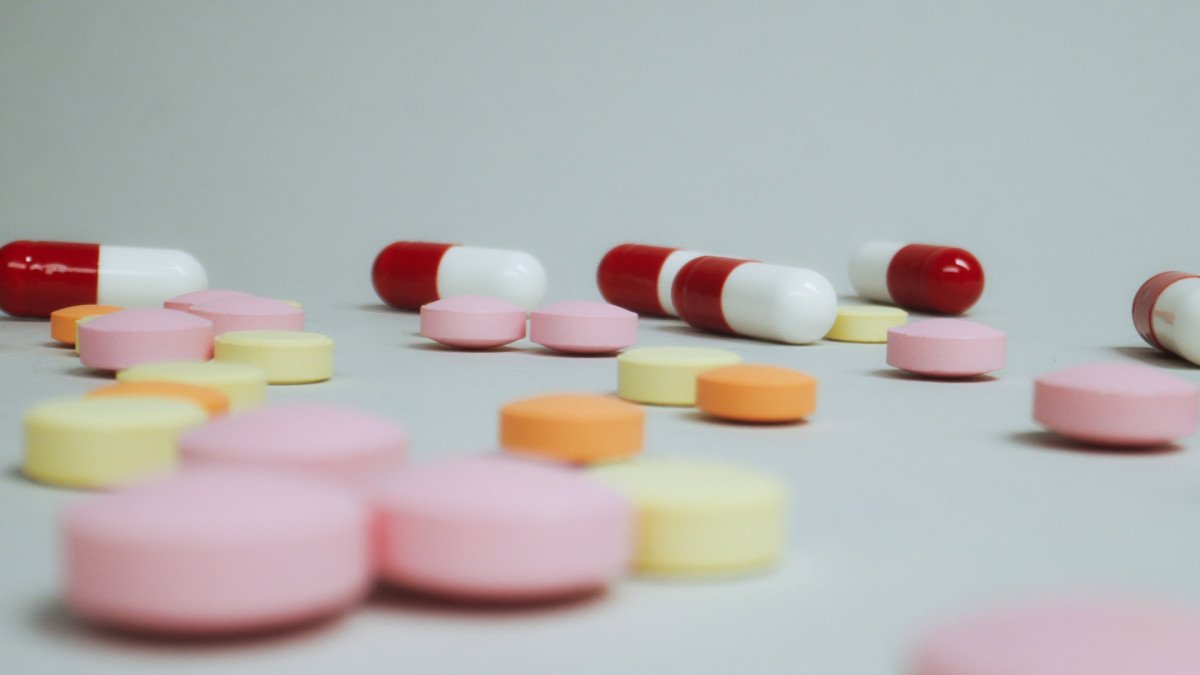Chemsex: Risks of a Dangerous Sexual Practice
Chemsex involves using psychoactive drugs to enhance sexual experiences, often leading to prolonged sessions. This practice carries significant risks that can negatively impact both physical and mental well-being. Understanding these dangers is crucial for informed decisions.
What is Chemsex?
The term Chemsex combines “chemicals” and “sex,” referring to sexual practices involving psychoactive substances. The goal is to intensify sensations, lower inhibitions, and extend sexual encounters, which can last for hours or even days.
While not a new phenomenon, chemsex has seen a notable increase in recent years, particularly within the community of men who have sex with men (MSM). This practice is primarily linked to stimulant drugs like methamphetamine, cocaine, MDMA, and bath salts, though other substances such as GHB, ketamine, and poppers may also be used.
Individuals engage in chemsex for various reasons, including overcoming shyness, intensifying sexual arousal and desire, or exploring new sensations. Some perceive it as an escape from monotony, stress, or personal difficulties. However, it is vital to recognize that the repercussions of chemsex can lead to serious short, medium, or long-term consequences.

Understanding Chemsex Trends and Impacts
Research into chemsex practices provides critical insights into the motivations and consequences associated with this activity. Studies highlight several common factors driving individuals to engage in chemsex:
- Increased Sexual Desire: A significant majority report seeking to boost their sexual appetite.
- Loss of Inhibitions: Many aim to shed inhibitions during sex, leading to more uninhibited encounters.
- Enhanced Pleasure: Participants frequently cite the desire to intensify sensations and pleasure.
- Greater Intensity: The pursuit of more profound and intense experiences is a key motivator.
Beyond motivations, studies reveal substantial physical and psychological impacts. A high percentage of participants (over 90% in some studies) reported experiencing changes in their physical state after a chemsex session. Common physical effects include fatigue, lack of energy and strength, and somnolence.
Psychologically, frequently reported sensations include sadness, heightened sensitivity, apathy or lack of motivation, and irritability. A smaller but significant percentage of users have also reported experiencing an overdose, primarily linked to substances like GHB or GBL. These findings underscore that the pursuit of pleasure through chemsex often comes with considerable costs to both body and mind, particularly with recurrent use.

Risks Associated with Chemsex
Chemsex is far from harmless, presenting a range of dangers that can jeopardize an individual’s physical and mental health. Key risks include:
Physical Risks of Chemsex
- Overdose and Adverse Effects: The use of psychoactive drugs substantially increases the risk of severe adverse reactions, including heart attacks, strokes, seizures, and even death, especially when combined with other substances or alcohol.
- Sexually Transmitted Infections (STIs): Unprotected sexual practices during chemsex considerably elevate the chances of contracting STIs such as HIV, hepatitis B, and hepatitis C.
- Malnutrition and Dehydration: The disinhibition and euphoria induced by drugs can lead to neglect of hydration and nutrition, resulting in severe dehydration, malnutrition, and other health complications.
- Organ Damage: Prolonged use of drugs like methamphetamine and cocaine can inflict severe damage on vital organs, including the heart, liver, kidneys, and nervous system.

Psychological Risks of Chemsex
- Anxiety, Depression, and Mental Imbalances: The substances used in chemsex can trigger or worsen symptoms of anxiety, depression, and other mental health imbalances, particularly in individuals with pre-existing vulnerabilities.
- Dependence: Chemsex carries a high addictive potential, which can lead to developing both physical and emotional dependence on the substances used. This dependence can have serious repercussions on an individual’s personal, family, and professional life.
- Risky Behaviors: Under the influence of drugs, individuals may engage in dangerous sexual behaviors, such as unprotected sex or sex with multiple partners, further increasing the risk of contracting STIs.
- Violence and Sexual Abuse: The loss of inhibitions, combined with distorted perception and judgment due to drug use, can heighten aggression and increase the likelihood of experiencing or perpetrating acts of violence and sexual abuse during intimate encounters.

Transform Your Health with Every Meal
Delicious. Nutritious. Delivered.
Use code SLICKDEALS for 15% OFF today on your first order!
Shop Now
